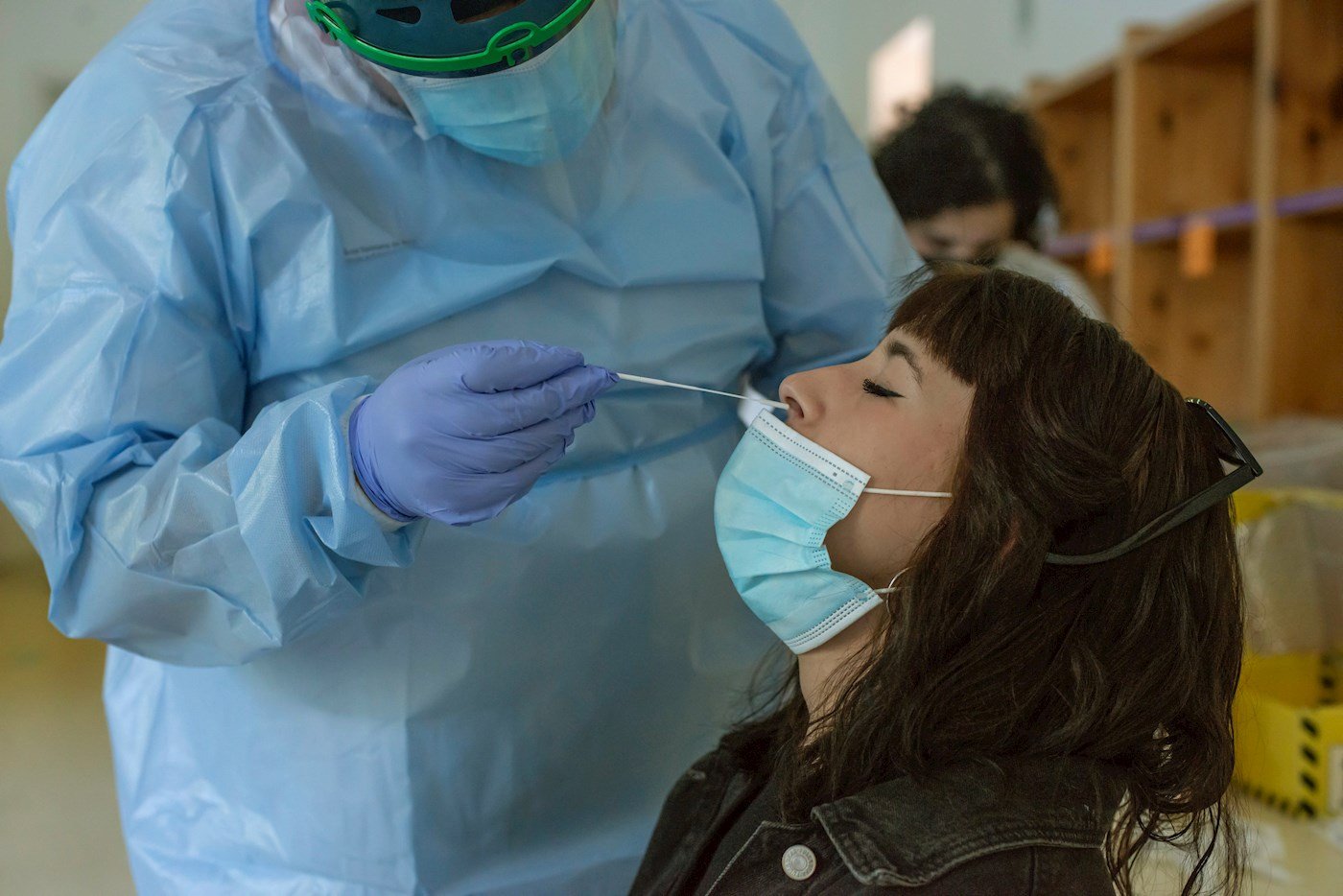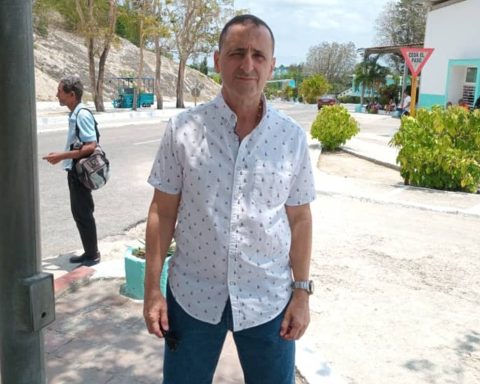The World Health Organization (WHO) It expects that in 2023 there will be a “significant” decrease in the COVID-19 pandemic —even though the alert “has not ended” and we must continue to track it—, and in the monkeypox outbreak.
This was stated to the agency EFE the director for Europe of the WHO, Hans Kluge, who was “optimistic and cautious” in his forecasts for next year and called on the countries of the European region to adopt a double strategy: prepare for health emergencies and, at the same time , invest “more in their health systems, including primary care.”
“I urge all countries to take a ‘twin track’ approach to health in 2023 and beyond: even as countries better prepare for health emergencies, from outbreaks to conflict, they must invest even more in their health systems, including primary care, to provide the services people need every day, without financial hardship,” he added.
The WHO head for Europe recalled that COVID-19 has cost more than two million lives in the region, which includes a total of 53 countries, and that in 2022 alone there were half a million deaths linked to the pandemic.
“The pandemic is not over. We need to continue to be vigilant in 2023. We need continued surveillance and tracking of COVID. Millions are still not vaccinated, we must reach them, “said Kluge.
WHO expert in the fight against covid: “We are not out of danger yet”
For next year, the director of the international organization also wants a greater “refocus” to take place in relation to the “scourge” represented by non-communicable diseases (NCDs) and HIV (human immunodeficiency virus).
He recalled that the main NCDs (cardiovascular diseases, cancer, chronic respiratory diseases, diabetes and neurological diseases, such as Alzheimer’s disease) “account for 86% of deaths in the European region.”
Kluge indicated that in order to reduce the burden of NCDs, one should “reduce alcohol and tobacco consumption and encourage greater physical activity, as well as address climate change”, also with the aim of “building healthier societies”.
Regarding HIV, he pointed out that the European region of the WHO is the only one of the organization where the incidence is increasing, “despite the fact that we have the tools we need to prevent and treat HIV infection.”
“Our latest report, with the European Center for Disease Control (ECDC), reveals that HIV underdiagnosis in the region means hundreds of thousands don’t get the care they need when they need it.”

















